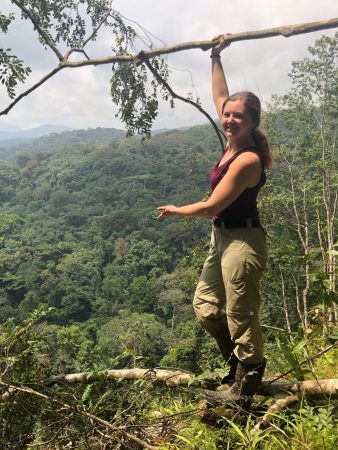My journey at Michigan Technological University began in 2019 when I joined the Ph.D. program in the Physics department. My research focuses on the physics of clouds, where I work on understanding processes happening at the individual droplet scales. These processes play an important role in determining the observable properties of clouds and their inadequate representation contributes substantially to the uncertainties in global climate model predictions. To do this, I’ve utilized data from our novel holographic cloud imaging instrument developed at Michigan Technological University. My research spans computational, field, and laboratory studies. Our work highlights the importance of local small-scale processes and could potentially open new ways to represent clouds in global climate models.
I extend my since gratitude to the Graduate School and the Graduate Dean Awards Advisory Panel for the Doctoral Finishing Fellowship. A special acknowledgment goes to my advisor, Prof. Raymond Shaw, for his motivation, guidance, and support throughout my journey. Additionally, I am grateful to the Elizabeth and Richard Henes Center for Quantum Phenomena for their support, enabling me to share my research findings at multiple conferences. I would also like to express my gratitude to, Dr. Gowtham and the High-Performance Computing facilities at MTU, my collaborators and colleagues, and faculty and staff at the Department of Physics for their support and assistance. This fellowship will play a crucial role in helping me to complete my dissertation and publish my research findings.

